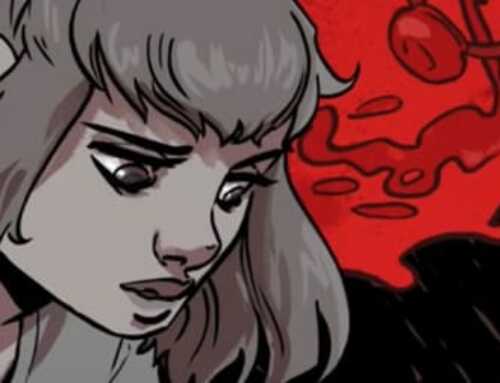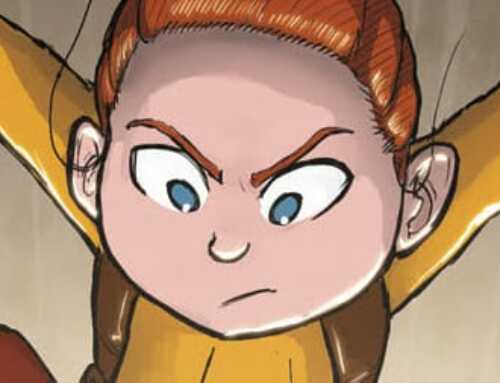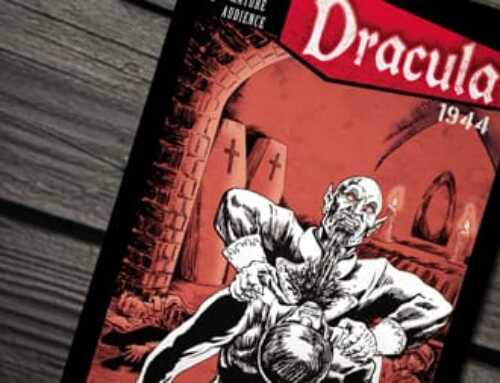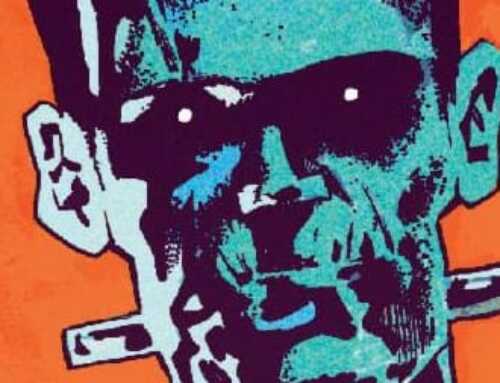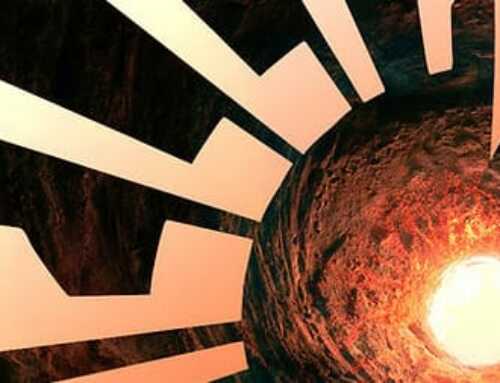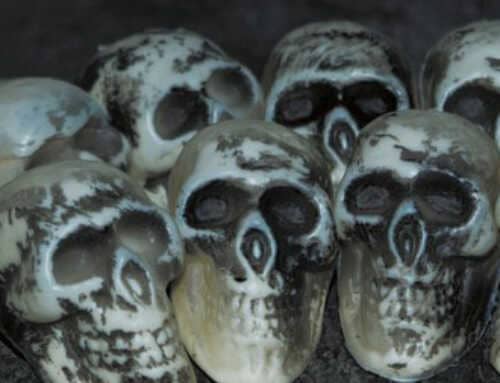
Admittedly, I was a little taken aback when I started reading David Murdoch’s Lucas— the visuals were immediately striking and the writing is lush to the point that it’s nearly poetic, but I hadn’t read a synopsis and the early narrative is an extreme cliche. The first third or so of the book is every redneck cannibal family distilled, with characters that feel lifted directly from The Texas Chainsaw Massacre. That isn’t to say that the story is bad, as it’s almost refreshing in how blatantly it draws from the established character archetypes and competently sets a familiar scene. Things feel almost cozy, for lack of a better word.
And then the titular Lucas slams into the narrative like a semi-truck through a center divider. The rug is pulled out from under the expected narrative and what was initially a well-executed but predictable yarn becomes a meta examination of the subgenre. Lucas answers an entirely new question: what happens when the traditional slasher villain isn’t the apex predator?
Lucas is difficult to define– it’s not quite a graphic novel in the traditional sense, as the writing is mostly isolated from the illustrations, but the art is so integral to the atmosphere that it feels like something new entirely. Every piece contributes to the unsettling whole. The story is illustrated in an oil paint style, which plays particularly well with the redneck family horror cliche– it’s as though we’re seeing deranged versions of pastoral Americana. Scenes are often painted with some level of ambiguity in the action, which is further off-putting. Also of note is the haziness and simplicity of the character designs, which works hand in hand with the vagueness of certain visuals in that it allows Murdoch’s enthralling writing to breathe and fill in the blanks. All this to say that the book is visually experimental and compelling.
The knee jerk reaction would be to compare Lucas to the Dexter series, but the comparison just doesn’t feel accurate enough. Both characters are killers which prey on killers, but that’s basically where the similarities end. Dexter is a character which is meant to win over the audience, he’s a killer with a heart of gold (or at least like…copper) that the audience roots for and is meant to empathize with. Lucas is not that at all. He’s a lumbering force of nature that has more in common with Jason Voorhees, an implacable hunter prone to acts of gratuitous violence, single-mindedly devoted to slaughter. In truth, Lucas feels less like a developed character and more like a fulcrum used to examine horror tropes, which makes me very hopeful for the character’s future. If Murdoch can expand on Lucas’ character arc while continuing to play with different horror archetypes then I think this project will develop into something even more special and unique than it already is.
Lucas is available now, but if you aren’t sold quite yet you can check out a short sample here. I highly recommend you do.


